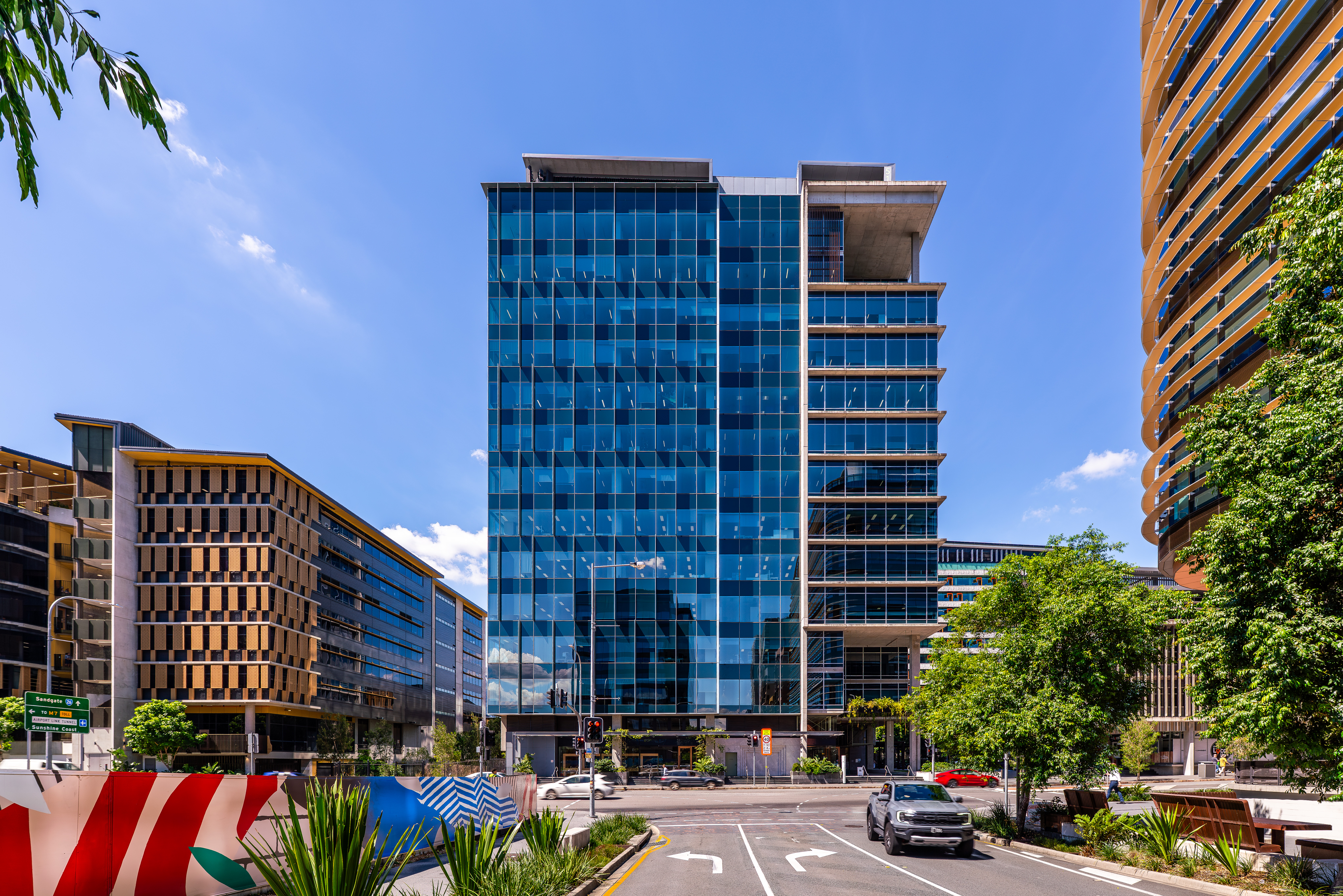Why some office markets are still hot
Office deal volumes climb in Japan and South Korea amid a regional sector slowdown
Japan and South Korea have emerged as bright spots for office investment, bucking the slowdown in deals across other Asia-Pacific markets.
South Korea saw a 141% increase in first-quarter office deal volumes compared to a year earlier, according to JLL. In March, global asset manager Blackstone sold Arc Place, a prime office asset in Seoul to Korean investor Koramco REIT for $588 million, the country’s largest real estate asset transaction this year.
The rise in deal activity is in part due to confidence among domestic investors in well-located, high-quality buildings as foreign investors reduce exposure to the sector, says Adam Kim, Manager, Investment Sales & Acquisitions, Capital Markets, Korea, JLL.
“A surge in demand for modern, amenity-rich office spaces, driven by the top conglomerates’ aggressive expansion plans, is further strengthening the market,” says Kim.
In Japan, office transaction volumes rose 32% in the first quarter from a year earlier. “Domestic investors, particularly J-REITs and private REITs, have been actively acquiring prime assets to boost yields,” says Koji Naito, Director, Capital Markets Research, Japan, JLL.
Take ORIX J-REIT’s ¥19 billion ($120 million) acquisition of Osaka’s Sun Mullion Tower, one of the major transactions this year.
“Japan’s rail and infrastructure companies, which were hard-hit by the passenger decline during the pandemic, are joining the investment pool as they seek to diversify revenue streams through real estate investment,” Naito says.
Looking for more insights? Never miss an update.
The latest news, insights and opportunities from global commercial real estate markets straight to your inbox.
The surge in interest from investors in Japan and South Korea comes despite a 1% decline in the region’s office investment volumes to $12.6 billion, according to JLL.
Strong fundamentals
In both countries, robust market fundamentals underpin their strong performance.
Grade A office vacancy rates in Japan currently sit below 4%, indicating potential for rental upside in the coming quarters, JLL data shows.
Japan’s workforce is also largely back to the office, with return-to-office rates reaching up to 85%. This is boosting investors’ confidence in the country’s office occupancy.
Offshore investors have been eyeing value-add and opportunistic investment opportunities, including office buildings that are older or are located in less-central areas, according to Naito.
“Discounted prices due to currency rate difference and lower lending costs make acquiring quality assets in Japan highly attractive,” he says.
Similar positive conditions are drawing investors to South Korea. “Office vacancy rates stood at 3.6% in the first quarter but have remained below 2% for most of the past two years,” says Kim. “Rents for Seoul’s Grade A offices, currently in tight supply, have seen double-digit growth in the past two years.”
Investment Opportunities
Growth is expected to persist at least through 2026, with an estimated 1.1 million square meters of new supply entering the market by 2028, according to JLL.
In the near term, Kim anticipates investors, who remained on the side lines due to the country’s recent general elections, to actively deploy capital over the next two quarters.
Interest rate advantages
Offices will remain the dominant asset class for Korean investors for years to come, according to Kim.
"Korea offers a compelling mix of value-add and core opportunities for different investor strategies,” says Kim. “It also presents lower risk compared to other APAC markets and less competition than neighboring Japan, which boasts stronger fundamentals.”
For Japan, Naito anticipates investor confidence in the office market buoyed by interest rate stability.
“Real estate investors and funds, particularly those sensitive to lending costs, will likely favor Japan over the U.S. and Europe, where the cost of debt is significantly higher,” says Naito.
“Until interest rates fall in other markets, Japan's favorable borrowing environment still offers a clear advantage.”
Contact Koji Naito
Director, Capital Markets Research, Japan, JLLWhat’s your investment ambition?
Uncover opportunities and capital sources all over the world and discover how we can help you achieve your investment goals.



